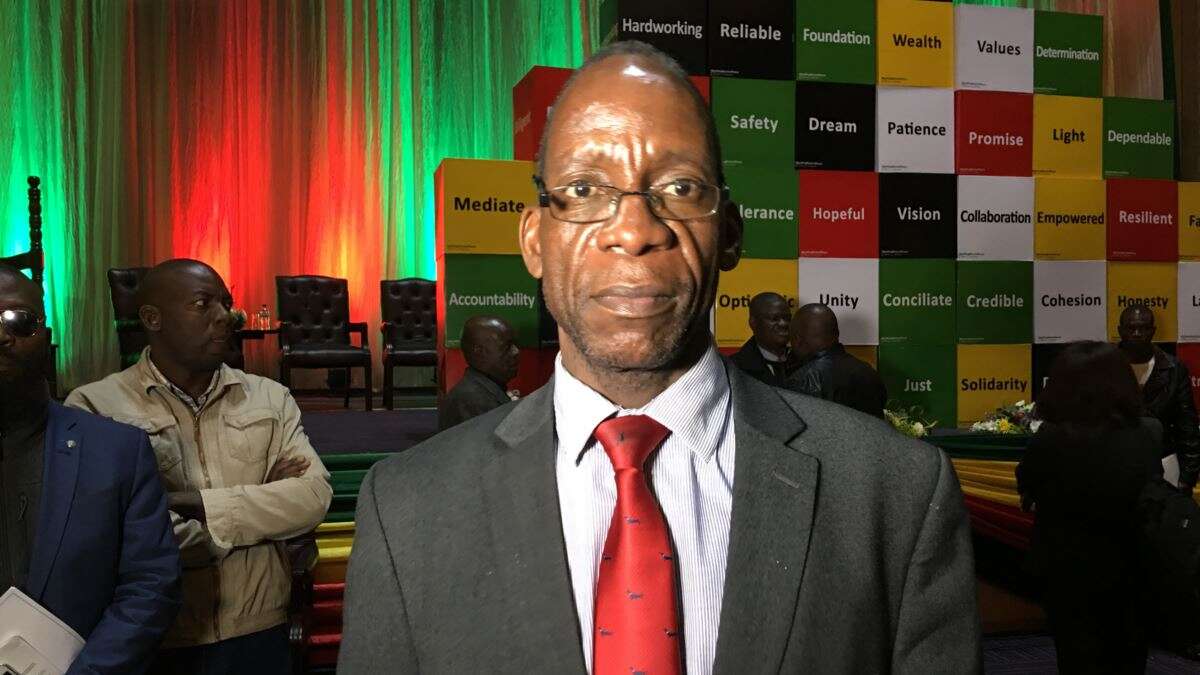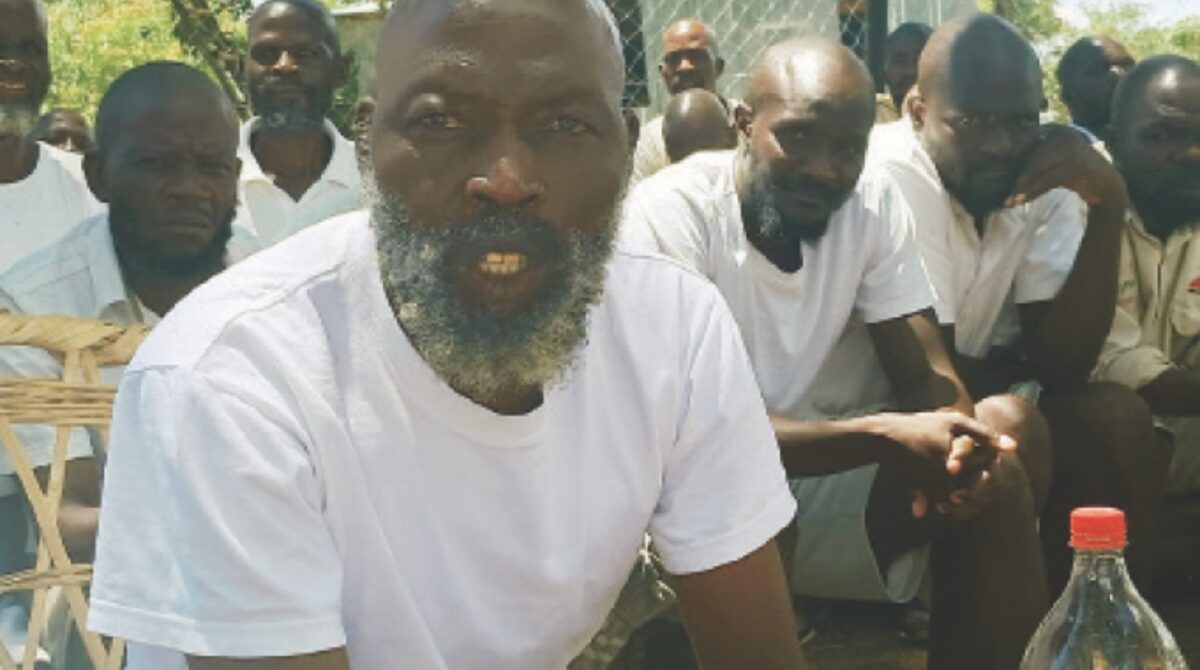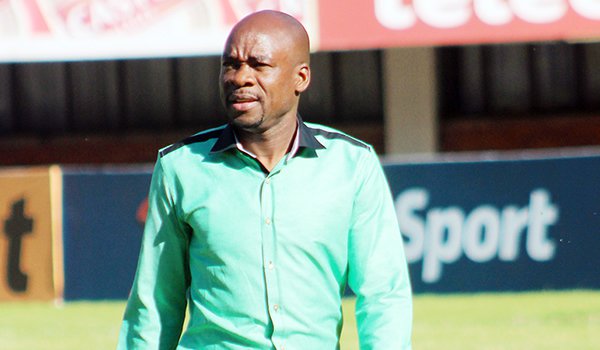PRESIDENT EMMERSON MNANGAGWA BREACHED SECTION 96(2) OF THE CONSTITUTION OF BY FAILING TO NOTIFY THE PUBLIC ABOUT THE RESIGNATION OF FORMER VICE PRESIDENT KEMBO MOHADI: A Rejoinder to Professor Lovemore Madhuku
Thank you, Professor Lovemore Madhuku, for an interesting but wrong opinion that s96(2) of the Constitution of Zimbabwe applies only to vice presidents who are running mates and not current vice presidents who are appointed. I offer my rejoinder because I triggered the debate on 2 March 2021 on Twitter.
You fatally misunderstand the IMPORT of s96(2) by linking the public notice of a resignation of a vice president to HOW they ASSUMED office, when it is about announcing a VACANCY that affects SUCCESSION to the Presidency; regardless of whether the resigning vice president was ELECTED or APPOINTED.
I will elaborate on the above key point later, but first some points in limine on some surrounding observations. Firstly, I do not understand why you thought it necessary to present your opinion as an “extract from an academic manuscript”. Is it a peer reviewed “extract”?
An academic legal treatise would have cited relevant authorities or case law to support your argument or opinion. But you proffered none, yet you know only too well that binding legal opinions come from the superior courts. Your opinion is speculative, with no stare decisis.
It is obtuse to come waving one’s academic or professional credentials to a popular public or media platform like these Twitter streets. Here all interlocutors are equal; all arguments are made and sustained on their merits, and not on some self-proclaimed “inner eye” of whatever kind.
Interestingly, your mobsters claim that my colleagues, former ministers, and I who were law students at the University of Zimbabwe are dropouts as if law can only be studied at UZ or in Zimbabwe. I did not drop out of UZ, I was violently pushed out of Zimbabwe and I exited in terms of INTERNATIONAL LAW.
The law is not made for lawyers; I say this having served as a lawmaker in Zimbabwe for 17 years. The law is made for the people whom it serves. Period. The power to interpret the law rests with the courts, not with lawyers; even non lawyers can represent themselves in court.
But lawyers have a key function, in constitutional democracies, not least to help the courts to interpret the law. But what lawyers say is never binding; it can only be persuasive. Hence, it is unnecessary for lawyers to claim, as you did, “inner legal eyes” in public debates.
You premise your opinion on a false presumption that “every Constitution has two provisions, namely: 1. express provisions; 2. implied provisions”. What are the authorities for this presumption, whose staggering import is that every Constitution has hidden provisions?
In my view, as a former lawmaker who was actively involved in two constitution making processes in Zimbabwe, I find the proposition that every Constitution has written (express) and unwritten (implied) provisions to be absurd, from the standpoint of transparent constitution making.
It is a settled position that the framers of a democratic Constitution must say what they mean and mean what they say to avoid hiding their intent or inviting consequences that are anomalous or absurd. That is why the literal rule is the first canon of statutory interpretation.
As a principle, modern constitutions are written not for legal experts but for the generality of the people from whom executive, legislative & judicial authority is derived. To have, as a rule, unwritten or hidden, or your implied, provisions; would negate this principle.
It is possible and is common that a constitutional provision is not sustainable by its literal interpretation; and may require other rules of interpretation to establish its meaning (intent of its framers); which is not the same as unearthing an unwritten or hidden provision.
In the circumstances Prof Madhuku, you start by asking a false question: “Does section 96(2) of the Constitution of Zimbabwe, 2013 apply to resignations of current Vice Presidents? This is not the right question; it is YOUR ANSWER to a question that you are avoiding dealing with.
Based on the agreed facts, the legal question, that you seek to avoid in vain is this:
Did President Mnangagwa breach the Constitution by failing to inform the public of former Vice President Kembo Mohadi’s resignation, within 24 hours of his receipt of the resignation notice as required by s96(2)?
Your wrong framing of the question is as problematic as the quandary of a guy who, after parking his car on the unlit roadside enters a bar; upon leaving drunk, he realises that he has lost his car keys and decides to look for them on the lit side of the road, hoping to find them!
It is clear Professor Madhuku that you realise that President Mnangagwa breached s96(2) of the Constitution; and you are trying to assist him to escape the consequences. But you are on the wrong side of the road, the lit side; you cannot hide, everything can be seen, there are no keys there!
Now Professor Madhuku, on paragraph 31 of your opinion, you are fixated with the false presumption that s96(2) is linked to the running mate concept. But you are dead wrong: only sections 91, 92, 93, 94, 95 & 97 are linked to, or are affected by, the running mate concept in the 2013 Constitution.
On paragraphs 31 and 32 of your opinion, you claim that s96(2) is necessitated by the fact that the Vice Presidents are elected officials, as running mates and that therefore their resignation must be notified by the President to the ELECTORATE. No. Your “inner legal eye” is blind!
As mentioned earlier, s96(2) has nothing to do with whether the Vice Presidents are ELECTED, as running mates with the President, or they are APPOINTED by the President. Rather, the public notice is necessary because their resignation affects SUCCESSION TO THE PRESIDENCY.
A Vice President, whether elected or appointed is at all times a potential President. So, when a Vice President resigns; the PUBLIC, not the ELECTORATE, must know about the resignation as soon as possible, within 24 hours; given the implication of the resignation on the SUCCESSION QUESTION.
It is because of its link with the SUCCESSION TO THE PRESIDENCY that s96(2) is unaffected and is thus NOT suspended by the Sixth Schedule. It is trite that a provision of the Constitution that is neither specifically suspended nor is in conflict with the Sixth Schedule is OPERATIVE.
To rest the matter, it is instructive that Constitutional Amendment (No.2) currently before Parliament repeals ALL THE RUNNING MATE provisions in sections 91, 92, 93, 94, 95 & 97, but RETAINS, as is, s96 and ALL the current provisions of the Sixth Schedule on SUCCESSION.
ALL TOLD, it is clear that Professor Madhuku’s claim that s96(2) is currently suspended along with the running mate provisions is baseless & self-indulgent sycophancy. It is designed to protect President Mnangagwa who is in clear breach of s96(2) over former Vice President Kembo Mohadi’s resignation.
First published on March 8, 2021, on Professor Jonathan Moyo’s Twitter Handle @ProfJNMoyo















